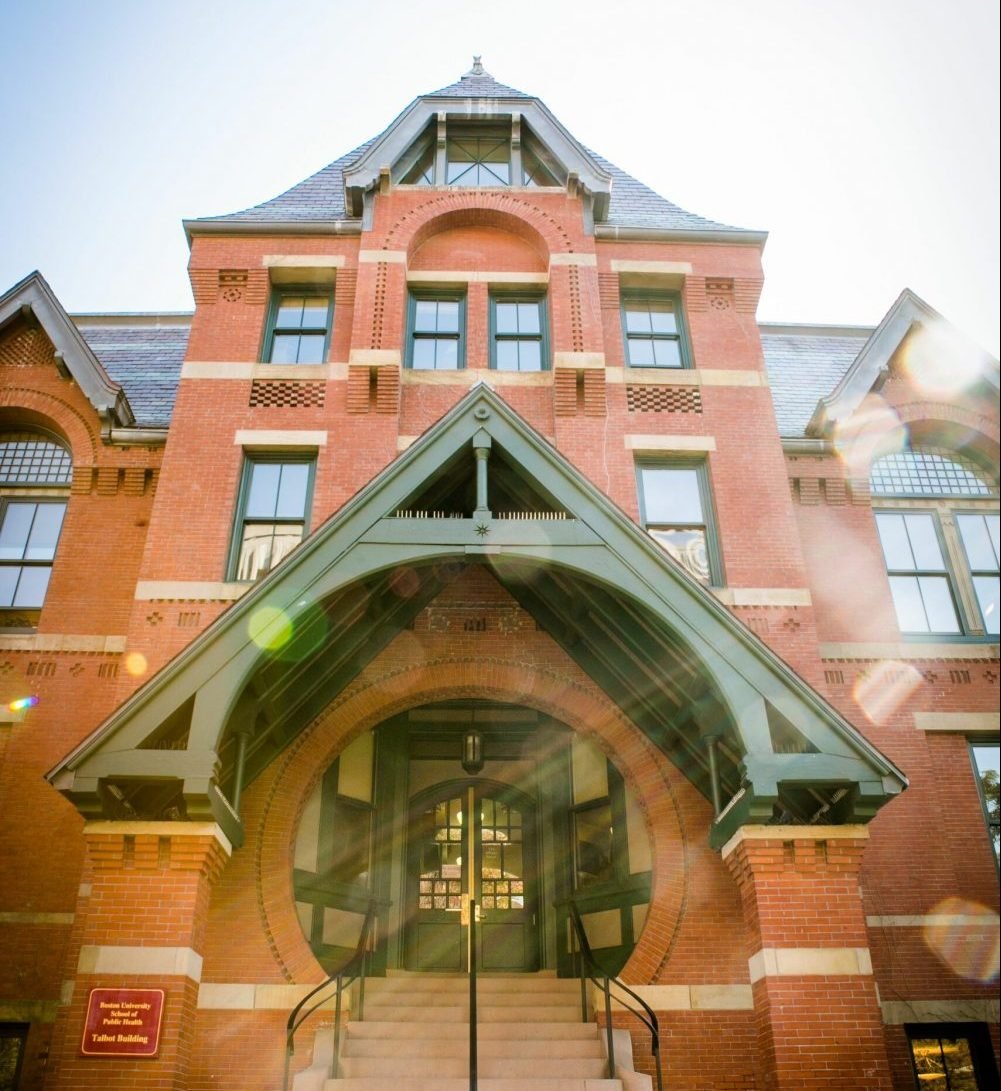Public opinion polling shows a remarkable drop in confidence in science over the past few years, with only about half of all Americans saying that science has a mostly positive effect on society. Only about a third of Americans now trust the National Institutes of Health and the Centers for Disease Control and Prevention, the two most prominent organizations whose work is based on the health sciences. Given that scientists—perhaps particularly those working in the health sciences—need to engage the world around them to ensure that our work has impact, these votes of non-confidence suggest that something is being lost in translation.
Read more here.




